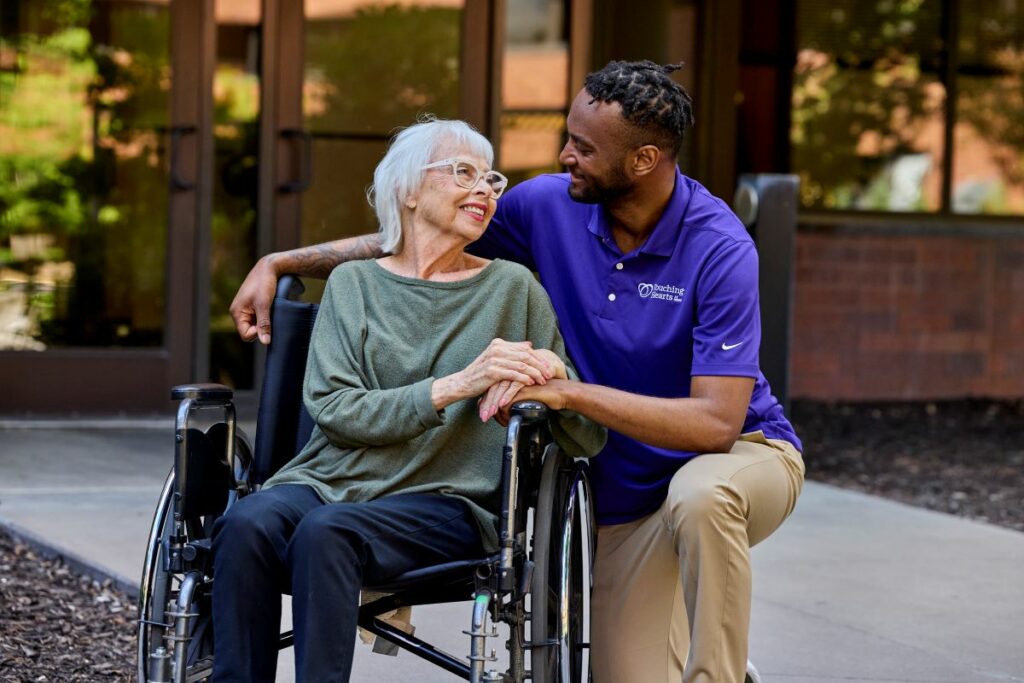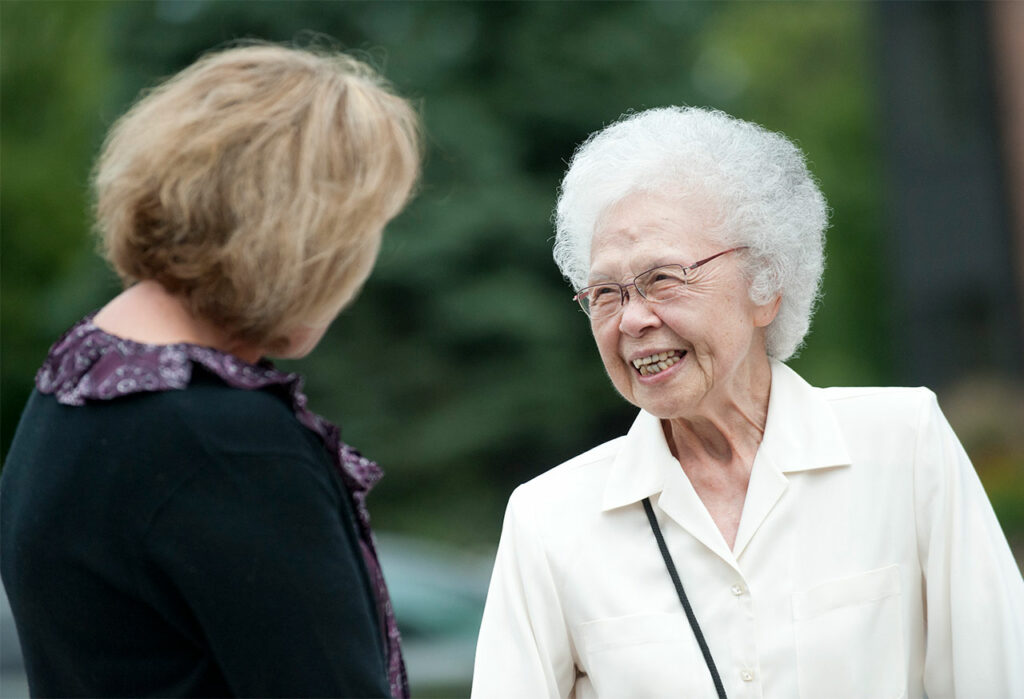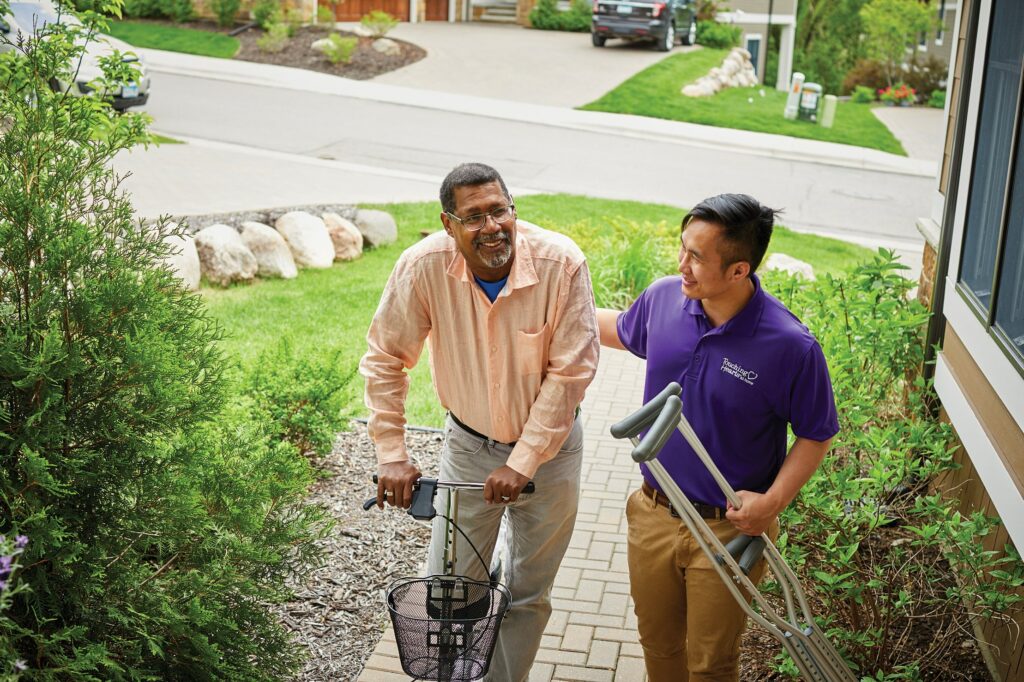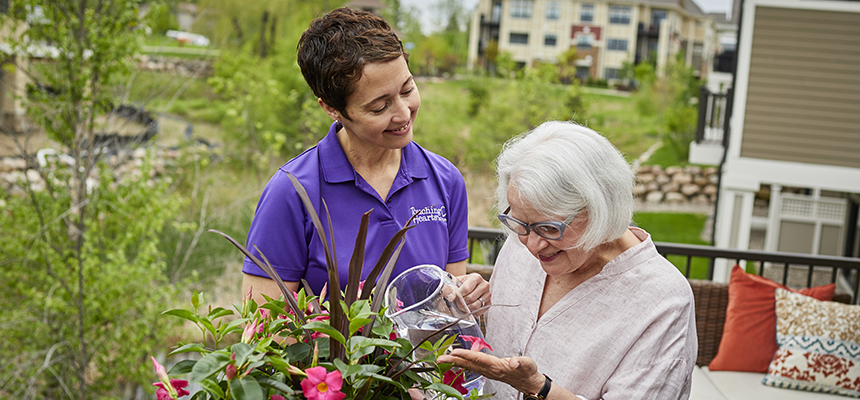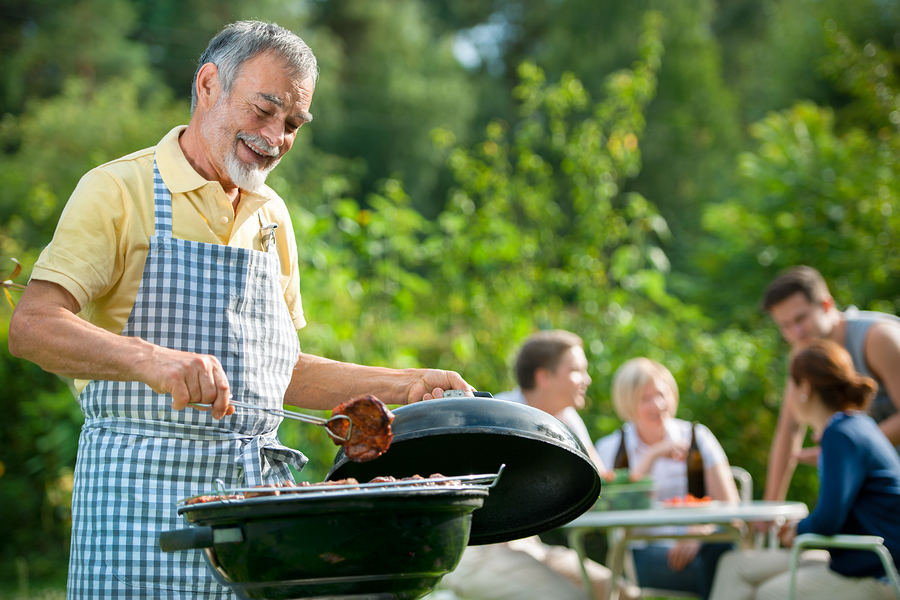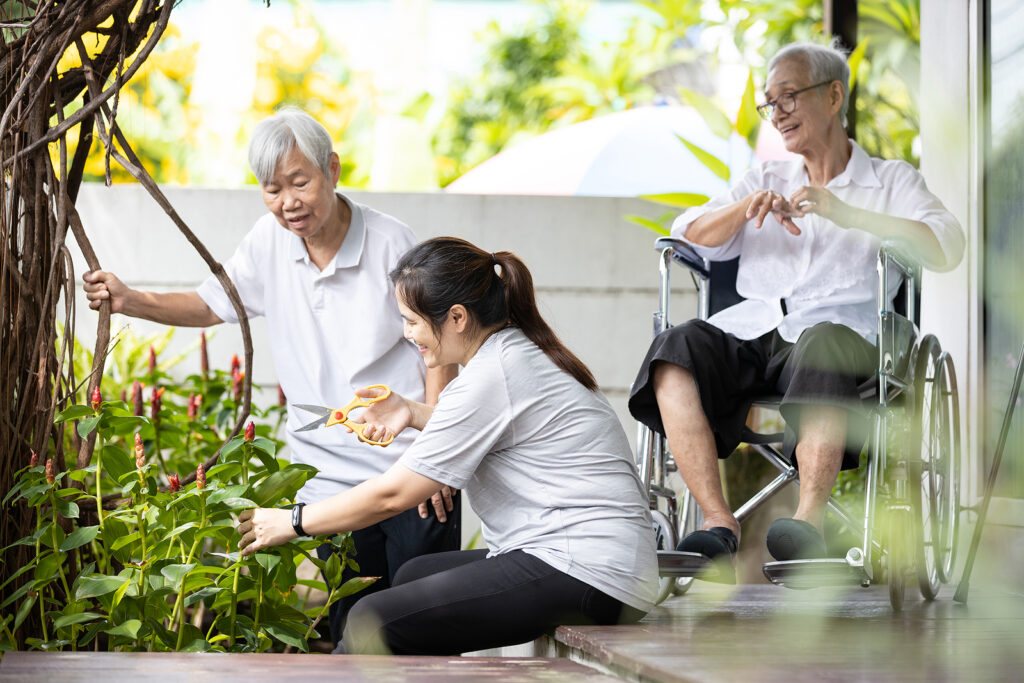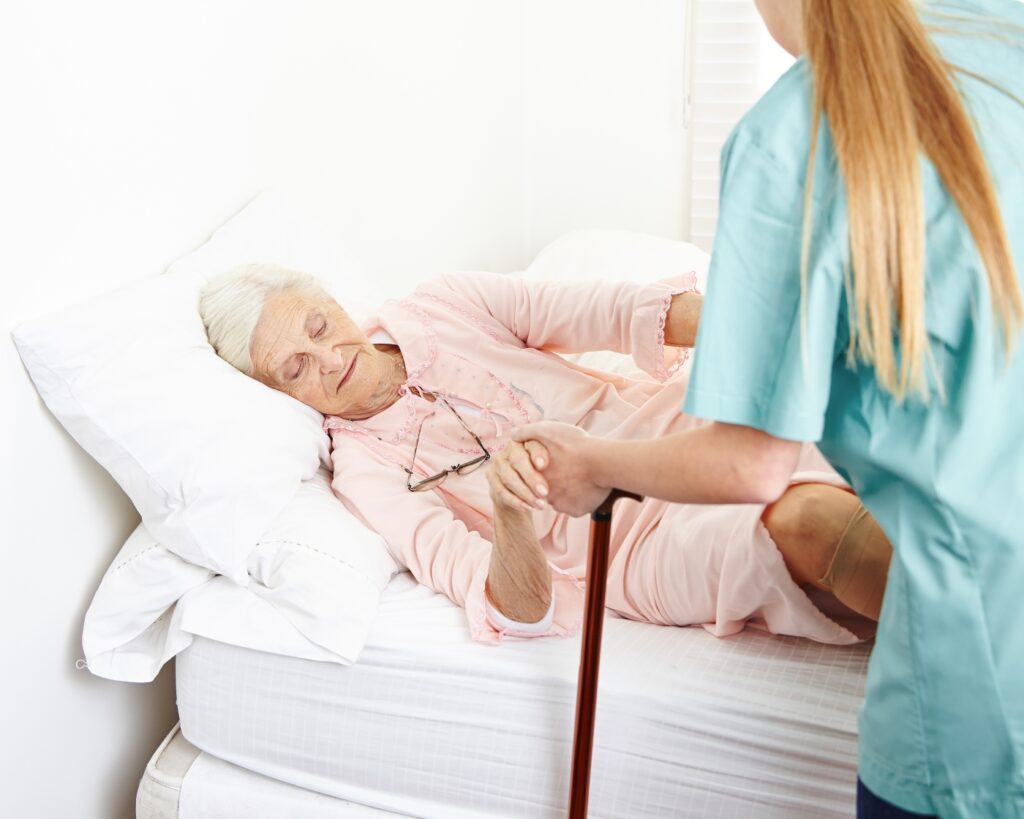February 2025 Highlights with Touching Hearts
Autonomy In Death: Embracing the Right to Choose
au·ton·o·my
/ôˈtänəmē/
Noun
-
The right or condition of self government
Autonomy in Death: The Right to Choose a Dignified Ending
By Marie Stanfill, Certified End-of-Life Doula
The concept of autonomy is central to how we live our lives—it defines our right to make choices, determine our own path, and take control of our destinies. Yet, when it comes to death, many find themselves stripped of that same autonomy, forced to accept outcomes dictated by medical circumstances, societal norms, or legal boundaries. However, the ability to choose how we die is an extension of our inherent right to self-determination and should be recognized as such.
The Personal Nature of Death
Death, at its core, is deeply personal. It is the ultimate experience that no one else can live for us, and its emotional and psychological impact is unique to each individual. Yet, in many societies, the process of dying is often over-medicalized—focused more on managing symptoms and extending life rather than honoring the needs and wishes of the person who is dying. Too often, personal autonomy is overlooked in favor of standardized treatments or societal expectations about how death should unfold.
In an era where we fiercely protect personal freedoms, we must extend that same respect to the final moments of life. When someone nears the end, their power to make decisions about how they die should be theirs alone. Just as we have the right to shape our lives, we should have the right to shape our death—whether it involves choosing medical interventions, opting for palliative care, or planning a peaceful, dignified passing.
Easing Suffering and Regaining Control
One of the most compelling arguments for autonomy in death is the need to ease suffering. Terminal illnesses can bring unbearable pain, loss of physical function, and a devastating decline in quality of life. For many, the thought of enduring this suffering until the very end is intolerable. Autonomy in death allows individuals to decide when and how to end their suffering, granting them control over a situation that often feels uncontrollable.
Options such as hospice care, palliative care, assisted dying, or voluntary euthanasia empower individuals to choose when they no longer wish to fight an unwinnable battle. In places where these options are legally available, they have been shown to provide immense relief and peace to those facing terminal illness, allowing them to preserve their dignity and face death on their own terms.
At Touching Hearts at Home, we understand that autonomy in death isn’t just about medical decisions—it’s also about preserving dignity in the everyday moments of life. Our caregivers provide compassionate support for individuals facing end-of-life journeys, ensuring they have the assistance, comfort, and companionship they need to remain as independent as possible in their final days. Whether it’s helping with daily tasks, offering emotional support, or simply being present, we honor each person’s unique wishes for how they want to live—even at the very end.
A Call for a Compassionate Future
The conversation surrounding autonomy in death is complex, but it is one we must have. To uphold the values of personal freedom, dignity, and self-respect, society must acknowledge that death is a uniquely individual experience and should be treated as such.
Autonomy in death is not about promoting death—it is about providing choices. It is about ensuring that those who are suffering have the ability to determine how they spend their final moments, surrounded by care and compassion. By embracing this mindset, we create a future that not only values life but honors the end of it as well.
At Touching Hearts at Home, we are committed to helping individuals and families navigate end-of-life care with dignity, respect, and support. If you or a loved one need compassionate home care during this time, we are here to help.
You may also like:
Improving Food Safety for You and Your Senior
Foodborne illnesses often increase in the summer months due to warmer temperatures. The warmer it is outside or in a…
How Can Seniors Prevent Kidney Stones?
Kidney stones are a common condition that can affect people of all ages, but seniors tend to have a higher…
Try These Great Spring Activities with Your Senior
Spring is a great time of renewal and rejuvenation. For many parts of the country, you’ve endured a long, hard…
Five Common Challenges Facing Older Adults
Seniors are a diverse group of individuals, meaning that they all face aging in slightly different ways. But there are…


